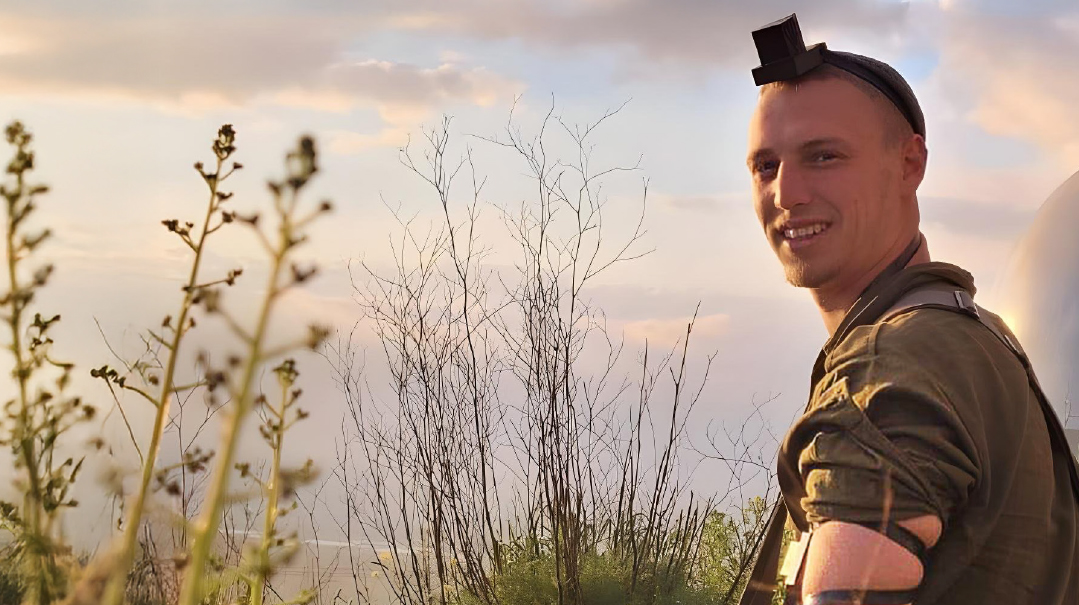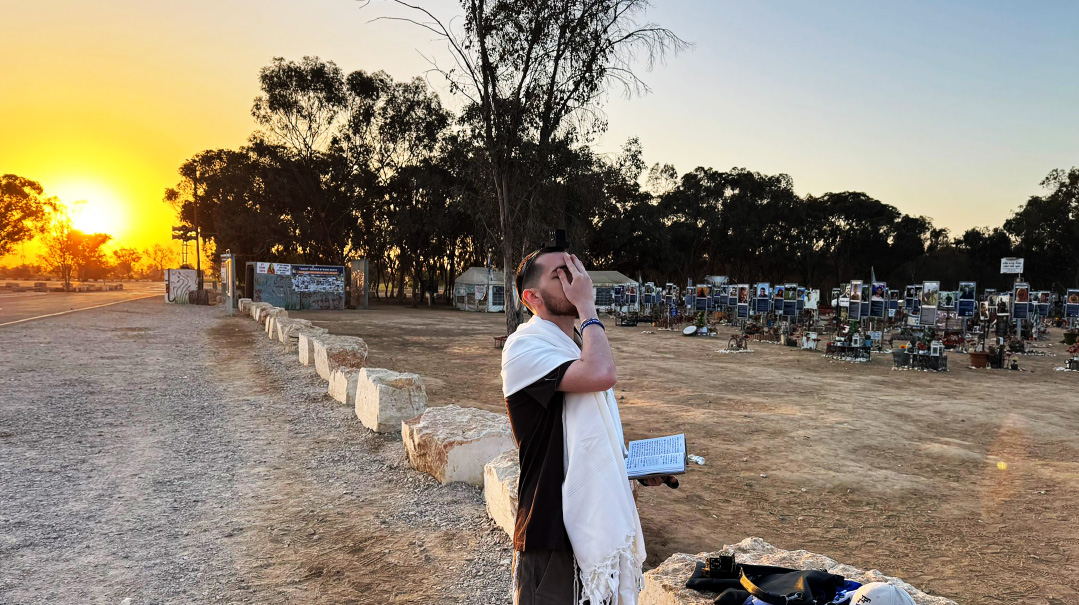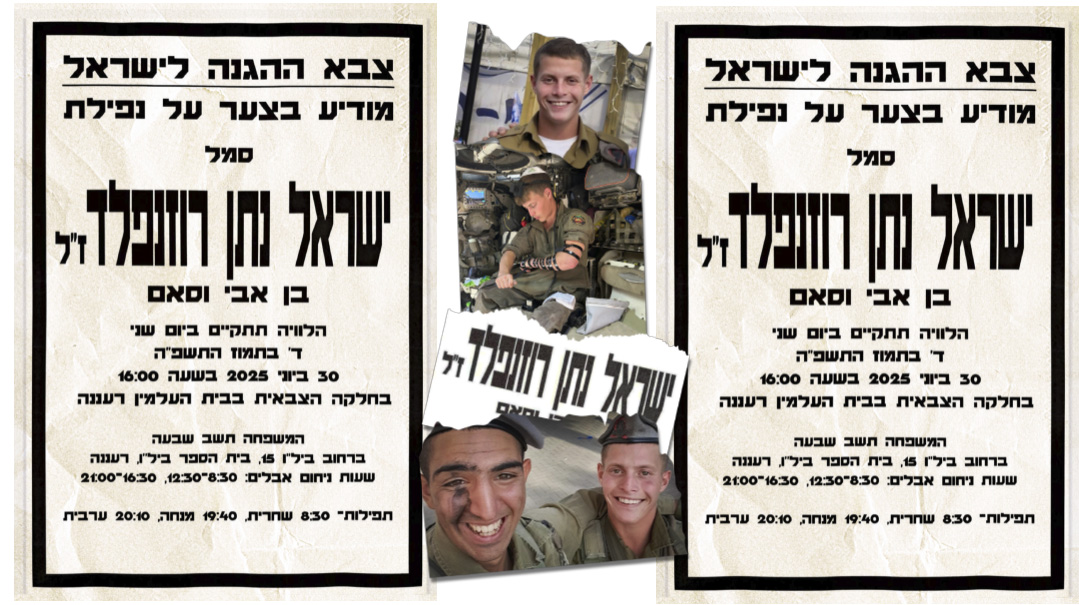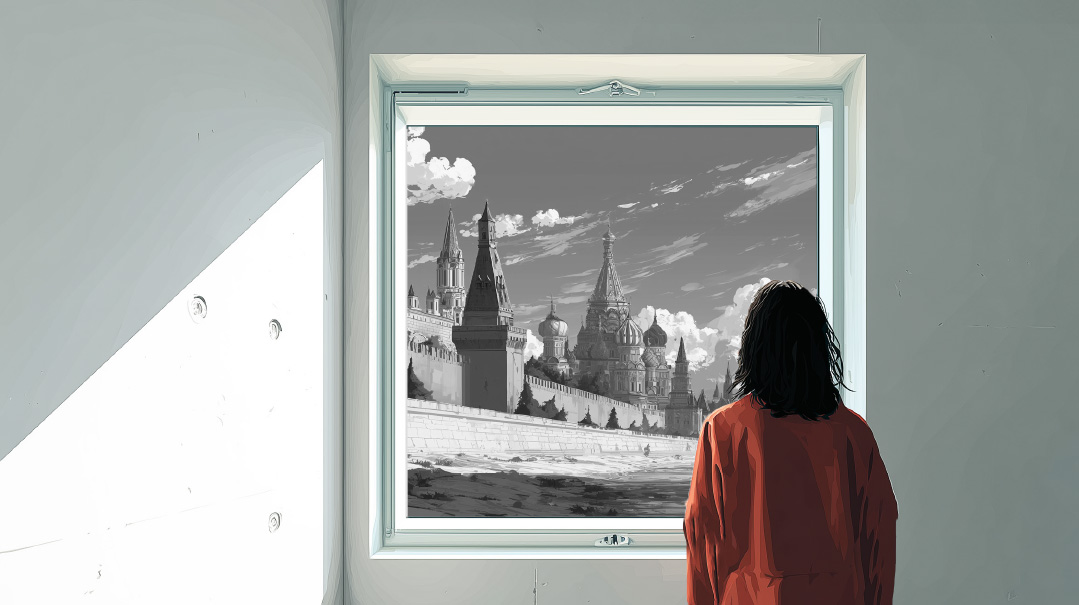Without a Doubt
| June 4, 2024Would we — given the same set of circumstances — transgress to a similar, morally bankrupt degree?

ITwas the most unlikely of places for such a stupefying epiphany: York University, Toronto, Social Psychology class, winter 1996.
We sat in a huge auditorium, approximately 20 rows of 30 students each. I was, by that time, married, a mother of three, and a teacher. I had decided to attend YorkU to improve my understanding of my children, my students, and the general world in which I lived.
Yes, I am a perpetual student. And yes, my husband is a saint.
Back in the day, I was not the confident figure people mistake me for today. Actually, I was riddled with insecurities and never felt comfortable drawing any attention to myself — certainly not there, wearing the only sheitel in the amphitheater.
Thus, one lecture followed another. I was diligent about my note-taking and committed to staying as silent as possible.
One afternoon — now a moment framed forever in my memory — we were introduced to a rather sobering social psychology phenomenon: the study of Stanley Milgram and his memorable obedience-versus-conscience experiments. These experiments took place beginning in the summer of 1961, around the time of the Eichmann trial. People were searching for answers to the terrible questions borne of the iniquitous testimony of the Nazi officer: Was he, as he incessantly repeated, a mere “cog in the wheel, following orders,” even when those orders went wholly against the grain of civilization and human conscience? Further, is man responsible for his actions when carrying out the instructions of a vicious overlord? Does a person have agency over his choices, even when forced to commit an offense that runs counter to his scruples?
And even more concerning: Would we — given the same set of circumstances — transgress to a similar, morally bankrupt degree?
Our professor — lanky, wearing a fashionably crumpled suit and shaggy, salt-and-pepper eyebrows, perpetually in need of a shave — had detailed the underlying theme of Milgram’s study. Then he lowered a huge screen in front of us and left the room just as the lights went out.
What we were treated to in this grainy footage was as serious as it was sinister.
The study involved three people: a “learner” (who was a hired actor); a “researcher” (also a hired actor); and the study participant, dubbed the “teacher.” During the experiment, the learner was taken into a room and had electrodes attached to his arms, ostensibly to see if he would memorize better when faced with punishment for forgetting. The teacher and researcher went into an adjoining room that contained an electric shock generator. The shocks increased in voltage from 15 volts (Slight Shock) to 375 volts (Danger: Severe Shock) to 450 volts (XXX).
The shocks were not real. But the teachers didn’t know it, and that was crucial to the experiment. Would they increase the voltage of the shock they needed to administer even when it appeared to involve serious harm?
To deepen the experience, the learner would casually let slip that he had a heart condition, before being whisked off to the “electric chair.” In addition, there were prerecorded shouts of resistance coming from the learner, which included cries of intense pain and a resounding thump followed by silence. All this was to see if the teacher would act virtuously — or surrender his humanity to the presence of authority.
Here are the figures: 65 percent of participants (“teachers”) continued to the highest level of 450 volts. All participants continued to 300 volts.
When the lights came back on and the screen hummed its way to its rolled-up state, our professor returned to a stunned, silent, and morose auditorium. No one spoke. The air was heavy with self-loathing as our collective humanity absorbed the truth of our latent barbarity and exposed our potential to act with callous indifference in the face of our fellow man’s excruciating suffering.
“So,” asked the professor to his dazed and dismayed students, “rather ugly, isn’t it?”
Deep inside me, a geyser was brewing undetected. After half a moment’s contemplation, it built itself to a roar I could not contain. My innards shook with indignation and fury, and before I could stop it, my hand rose up, high above my head, seen by all.
The professor turned to face me, “Yes…?” he asked, his eyes locking on mine. All the attention I had thus far been happy to avoid flowed like lava over my skin. But there was no time to process what I’d already set into motion. I would have to speak. I would have to articulate the words that rammed themselves against my skull, penetrating my marrow.
“Did no one stop at 15?” I called out, almost yelling.
Suddenly, the silence in the room felt menacing. The hush that had overcome the crowd had a target, and that target was me. I had the chutzpah to challenge the professor and his accepted, historic study to a duel. My eyes never left his.
“What?” The professor’s heavy eyebrows knit together, his head moved forward, hanging from his shoulders. Was he trying to understand my outburst, or had he really not heard me? The room turned cold as all the faces pivoted sneeringly in my direction.
“Did no one stop at 15 volts?” I repeated, with equal force. I was petrified, yes, but more than that, I was incensed.
“What do you mean?” He looked bewildered.
I felt my face getting flushed and my heart rate triple-speeding. I knew I was sweating, but I was unable to stifle the salvo. “I know I would have stopped at 15 volts.” I pointed to myself. “If I had been one of the participants.” No one said anything. I continued, “If I had walked into that experiment lab and found out that I was expected to administer pain to another human being, I would have walked out before beginning. Who am I to hurt another person, even if he is foolish enough to agree to it?”
As I ended my tirade, the room exploded. From every corner of the hall came scorn, unabashed. People waved me off and called me stupid. I looked at them and felt their contempt. Some of them addressed me directly, “You’re no better than any of us,” they spat. “You would have done exactly the same. We all would have.”
Once they tired of denigrating me, they hurled their dismissal of me toward the professor. “She doesn’t understand, sir,” they said.
“She doesn’t get it….”
“What an idiot…!”
Let me tell you what happens when you are alone in a crowd that disapproves of you: So powerful are mobs that it doesn’t take more than a millisecond to begin questioning everything you thought you understood about yourself. When everyone is against you, you start to doubt yourself.
I looked around at the masses of cynical faces that loudly and openly rejected my proclamation, my truth, and I felt my resolve slipping. Panic threatened. So many thoughts churned and thrashed about inside me. Is it even possible that I could be right and everyone else wrong? Would I really not have agreed to administer even a small shock to a willing partner just because some official is prodding me on to do it? Or am I just like everyone else? How can I face myself, knowing that I am capable of the same wickedness as the next person?
No!
I would not. I know I would not. I would not have even begun the experiment at 15 volts, let alone allowed myself to go up to 450.
I looked up at the professor, my mouth open, but no words came out. He was still staring at me, unmoving, but for a slight sway in his posture. Did he realize that he, in his passivity, had allowed the herd to flail me with their humiliating words and contemptuous countenances? I was now the official outcast, spurned from the multitude.
And it was my own fault.
Would that I had remained committed to my previous stance of quietude. How I wished, in that moment, I could reverse the clock.
Finally, after what felt like the slowing down of time, the explosion died down and the students turned away from me — the only idiot in the room.
Lifting his arms, the professor motioned for everyone to settle back into silence. When quiet was restored, he again locked eyes with mine. It was the moment of truth. There was nowhere to go. I would have to face my ruin. “Do you mind if I ask you a question?” he said.
Yes. Sir. Yes, I very much do mind. “Go ahead….” I shrugged, my confidence so squelched, I could not imagine feeling any lower.
“Are you Jewish?”
Oh no! Dear G-d, no!
Not only have I made a complete fool of myself, I am about to discredit my entire nation! Why did I not remain quiet, as I had promised myself at the start of this academic journey?
“Yes,” I whispered, head lowered, eyes half closed. “I am.”
“Do you mind if I ask? What kind of Jew are you?” he persisted.
I looked at him quizzically. Are there differences? Where was he going with this line of questioning?
“I mean,” he continued, “are you Orthodox? Do you keep the commandments?”
I nodded. “As best as I can,” I answered. “Why?”
He looked now at the audience, holding up his arms again, waiting for complete stillness, which they gave him.
“I want you all to know,” he began, in a voice that could not conceal his awe, “I have been teaching this course for the last thirty or more years. In all that time, only once has any student ever asked the same question that she,” he pointed to me, “put forth today. And let me tell you all this: He, too, was an Orthodox Jew!”
My spirit took off!
Vindicated!
I looked around me, and the faces I saw no longer maligned me. Instead, they opened their eyes.
I give you this story today not to brag, but to have you share and bask in the light and love of our moral heights.
We are a magical people. And when everyone around us mocks and sneers, remember: We must never doubt ourselves, our Torah, our light!
When I hear and see footage of useful-idiot students setting up encampments on university lawns, taking over buildings, spewing lies meant to besmirch us, spinning false narratives pockmarked with buzzwords of utter meaninglessness, I am brought back to that moment in my Social Psychology class.
You see, I am a Jew. Raised to uphold far superior standards than the world will ever be able to acknowledge.
(Originally featured in Family First, Issue 896)
Oops! We could not locate your form.







